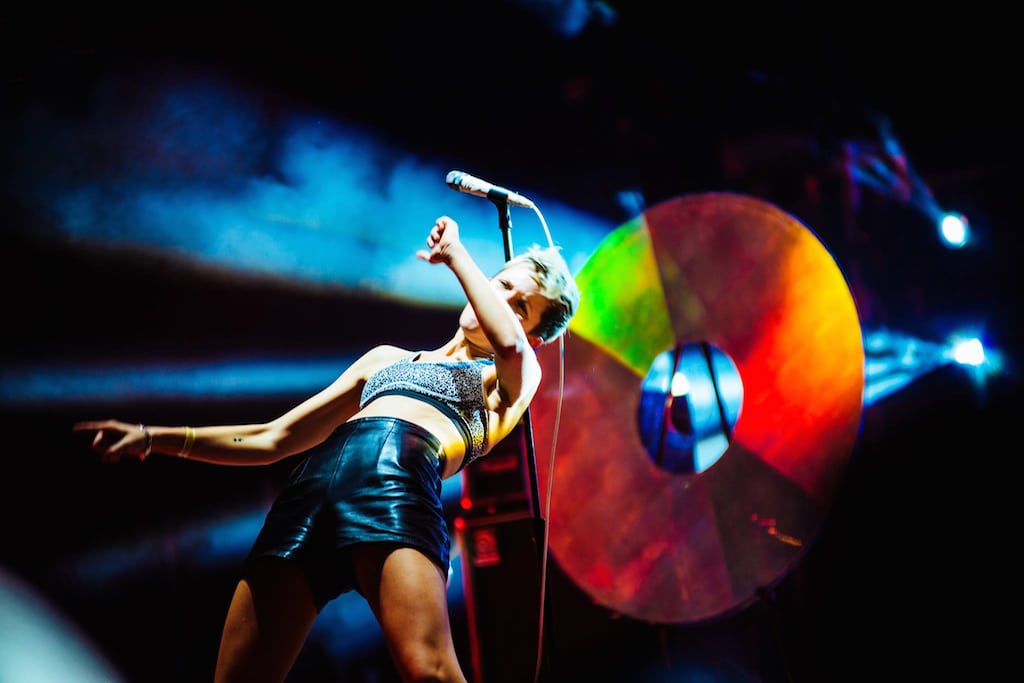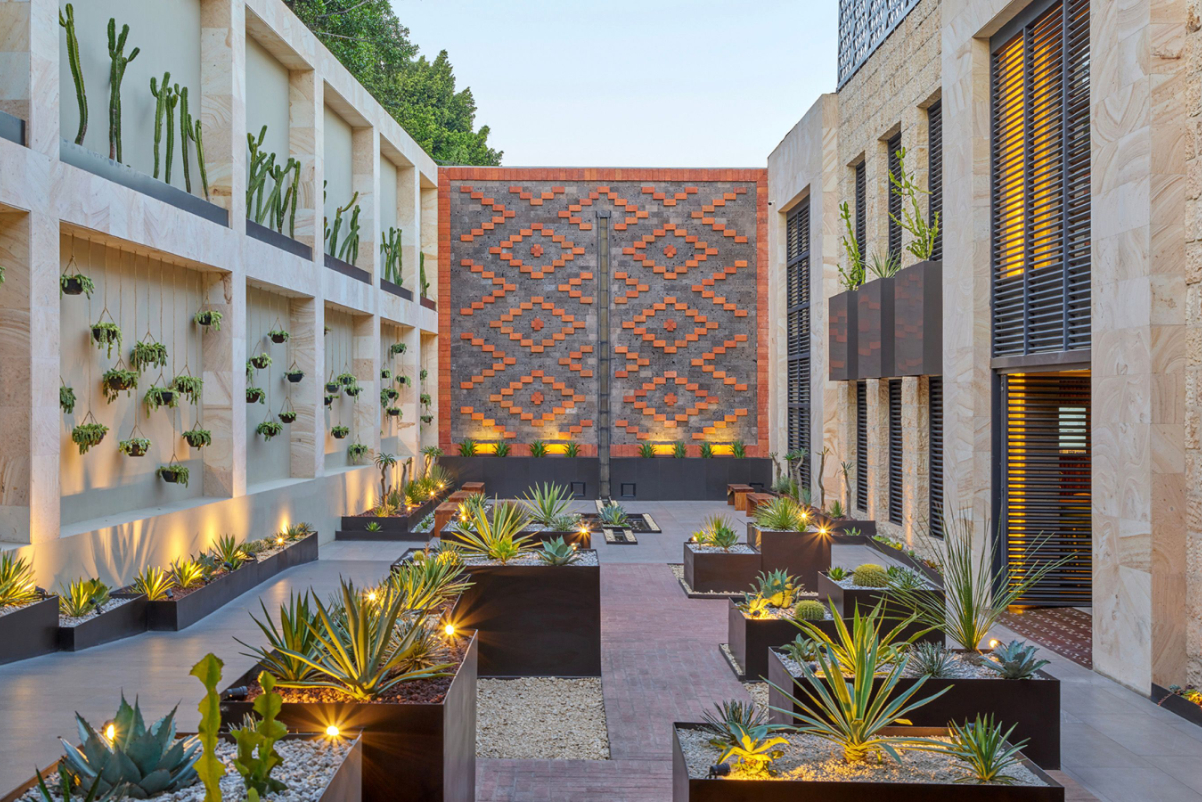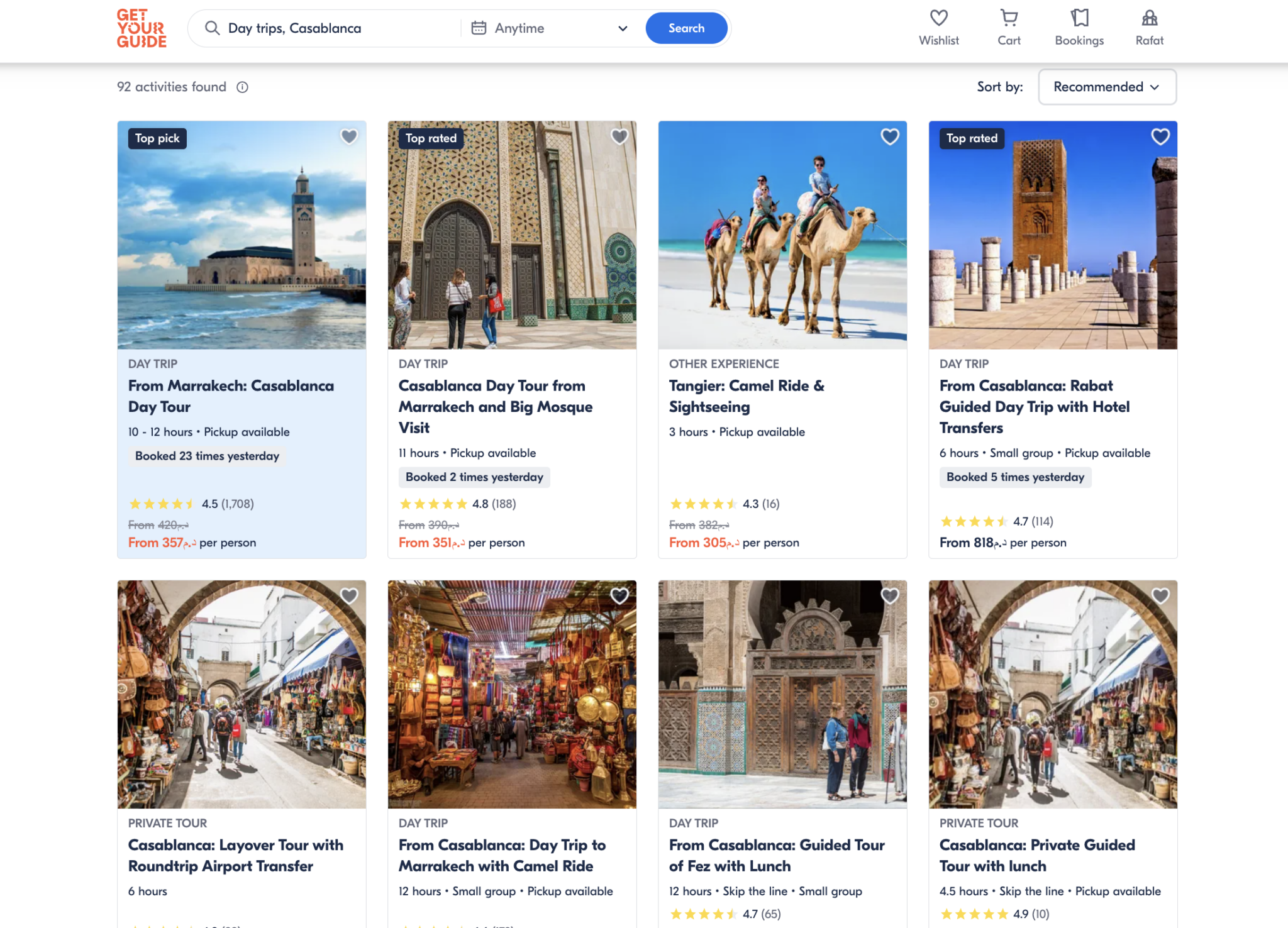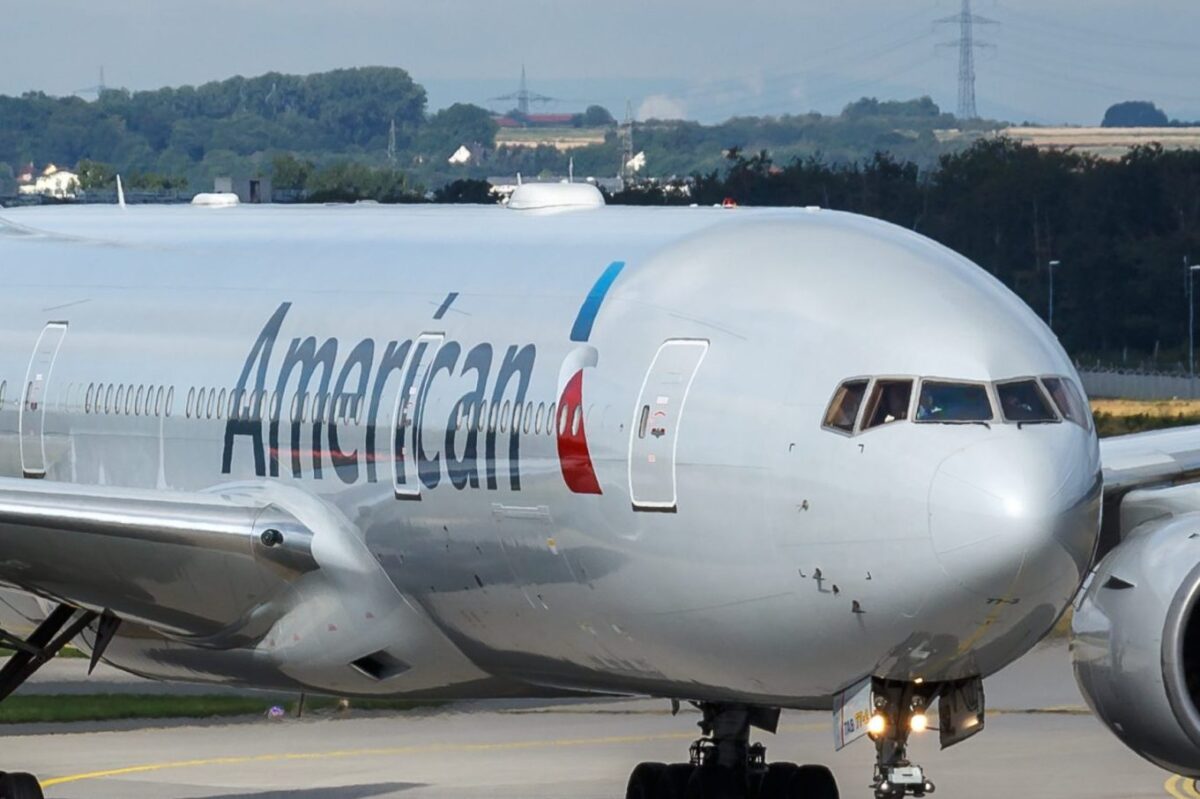St. Louis Tries to Rebrand the City for Meetings With a New Music and Tech Festival

Skift Take
The inaugural Murmuration Festival last month in St. Louis explored the “convergence of art, music, science and tech,” where people debated things like the role of public sculpture and the ethics of algorithms.
Programming included a maker expo and innovation showcase where attendees could meet startup companies working in robotics and artificial intelligence. A divergent mix of musicians and artists provided tech-inspired entertainment and immersive art installations, and a series of thought panels discussed subjects such as: “The Seduction of Automation From the CIA to Social Media.”
As reported in Skift last month, the city of St. Louis is aggressively trying to reposition its destination brand image as a hub of Midwestern innovation and entrepreneurial spirit following widespread criticism of the city and its suburban areas because of violence and unrest in Ferguson.
The Murmuration Festival is a marquee manifestation of that process. The event also provides a perfect petri dish to examine the convergence of urban tourism development, economic development, conference user-experience design, and the evolution of startup communities in urban centers to help attract large convention business.
The three-day Murmuration Festival took place in the downtown Cortex Innovation Community, which is ranked by Brookings as one of America’s top 10 examples of The Rise of Innovation Districts. Brookings defines these districts as: “Geographic areas where leading-edge anchor institutions and companies cluster and connect with startups, business incubators and accelerators.”
In the heart of Cortex, there are six “innovation centers” located in buildings within a one-mile radius surrounding where Murmuration took place. Each one of those centers has a specific purpose and constituency, ranging from the BioGenerator venture investment firm to the Venture Cafe networking space.
Cortex, meanwhile, positions itself as a “200-acre innovation hub and technology district integrated into St. Louis’ historic and residential neighborhoods, surrounded by nationally ranked universities and medical centers and abundant cultural and recreational assets.”
Both Murmuration and Cortex pride themselves on their roles as arbiters of cultural and industrial convergence. Merged together, they align in an interesting synergy of micro event planning and macro urban planning, marrying the multi-disciplinary programming in Murmuration’s agenda with the interdisciplinary mashup of physical environments in the Cortex district.
Keep an eye on that word, “convergence.” What innovation represented for the Millennial generation, the concept of convergence will similarly identify the Gen Z mindset.
Building a New Event
Dennis Lower, president and CEO of Cortex Innovation Community, and Brian Cohen, founder of Murmuration Festival, met a year ago to discuss how they could collaborate on an event to raise the profile of St. Louis as a forward-thinking city.
Lower was growing increasingly aware of how the Cortex community was attracting a wider spectrum of area professionals and area university students not necessarily affiliated directly with the district.
Today, for example, between 500-700 people gather every Thursday after work at Venture Cafe to discuss the city’s blossoming startup scene. Six years ago, Cortex was home to 35 young companies. There are now north of 260 companies, both new and established, and Lower says that figure will top 400 during the next two phases of development.
The catalyst for Murmuration was a Cortex-sponsored social networking event in 2014 that was designed to promote the district’s member companies. The programming included drone and robot demonstrations, and various interactive tech and digital experiences. Lower said he had anticipated about 300 people attending, but over 1,400 showed up.
“It blew my mind, it blew my partners’ minds, and it blew my board members’ minds,” Lower told Skift. “We had no idea that we had tapped into such a rich vein of pent-up energy. It was basically an emotional and intellectual catharsis, where I was constantly getting pulled aside by people saying, ‘I’ve waited 10 years for this to happen in St. Louis. This is the future.’ So we came out of that, and said, ‘Wow, what just happened?’”
Over time, Lower and his partners came to understand that the power of the event derived from the local community’s hunger to transcend the city’s image as merely a flyover rust belt city.
“What we were doing was celebrating entrepreneurship, innovation, technology, creativity, and what we see as the future, and the future of St. Louis,” Lower explained.
So Cohen and Lower hatched a plan to develop Murmuration for the community of St. Louis, which would speak to high-level concepts but in a way that would be accessible to everyone. “There was a lot to work with there — art and music on my side, science and tech on their side — so we said let’s look at creating one event that would accomplish the goals that we both had in mind,” explained Cohen. “We knew we wanted a very multi-disciplinary event, something that’s very dense and has lots of moving parts, and lots of different ways to plug-in and provide a new experience that people are hungry for.”
He thinks people are simply bored of one-dimensional music and art festivals in today’s second-screen world.
“They might come for the music initially, maybe, but then tangentially they get exposed to the science and tech,” Cohen said. “People want to know what’s happening in these cool buildings around them. They read user reports of new technology innovations, but now they want to experience them in new and immersive ways.”
The City As A Convention Platform
The big picture around the Murmuration Festival and Cortex Innovation Community for St. Louis is the unprecedented impact of the two together on the destination brand image for visitors.
Explore St. Louis is the area’s destination marketing organization that’s attempting to pivot the city’s reputation from a rust belt city to a brain belt city. Brian Hall, CMO of Explore St. Louis, says they’re doing that by leveraging the cool factor around Murmuration for both leisure and business travelers. The organization is also tapping into the startup buzz around Cortex to engage national conference organizers more effectively.
“Cortex and other innovative companies represent the replacement of the tired old narrative about St. Louis, and the struggles that the community has had in redefining itself,” said Hall. “They shine a light on everything that is positive and productive about our community, and when you look at the ethos of typical Millennials in our city, they’ve been quick to embrace the innovation movement. They want to connect with it because they realize this is about a new awakening in St. Louis.”
On the meetings and conventions side, Explore St. Louis is now using the Cortex Innovation Community and the rest of the urban core as an extension of the America’s Center Convention Complex. In effect, the city itself is evolving into a multi-tiered series of meeting venues weaving organically into the local community.
The goal is to connect visiting delegates with experts in advanced industries, ranging from the life sciences to computer sciences, and conduct those meetings in the places where these people work on a daily basis.
“When we meet with planners, we’re talking about innovation in general, and then we’re applying that to human interaction, and how we can improve the meeting environment,” said Hall. “Meetings tend to be about the conveyance of content as opposed to the interaction with experts who create that content, which we believe results in superior learning outcomes.”
Lower, meanwhile, explained that the National Geospatial-Intelligence Agency (NGA) is opening a new headquarters in St. Louis, in a big part due to the Cortex district’s entrepreneurial and technology ecosystem. The NGA is responsible for developing the geo-targeting and map-finding capabilities used by both civilians and the U.S. military. There’s no shortage of interest in that among many audiences today.
“The director of the NGA told us he wanted to establish a non-secure environment in Cortex where all of their vendors can come and be close to them, and where they can easily exchange ideas,” Lower said. “They want to pick through technologies that they can bend to solve specific challenges they have in the NGA.”
However, he explained, convention organizers are now also reaching out to Cortex to supply guidance on workplace reforms and knowledge sharing between different generations. Millennials, he said, make up 60-65 percent of the population among companies working within the Cortex Innovation Community.
“I’m giving a keynote at the NGA conference here next week about how they can immerse themselves in our entrepreneurial environment to help change their corporate culture,” Lower told us. “For a lot of companies who establish a footprint in Cortex, the reason they do it is not just to access Millennial talent, but to help with the culture change that they know they have to go through. That’s a whole area where innovation districts are beginning to serve the larger business community in ways that we had not thought about before.”




